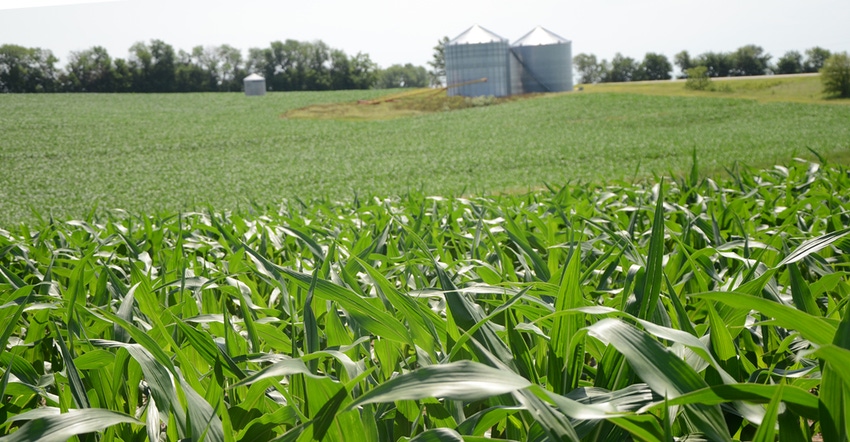
Editor's note: You can listen to my conversation with Cory Walters by clicking on the Soundcloud link embedded in this blog.
A year ago, COVID-19 might not have seemed like a possible scenario. However, Cory Walters, associate professor at the University of Nebraska-Lincoln's Department of Agricultural Economics, notes the COVID-19 pandemic is a clear example that just because something doesn't seem possible doesn't mean it isn't.
In the latest episode of Down In The Weeds, Walters discussed strategies for farming operations to survive financially devastating events, including "stress testing" the farm.
"Essentially, if you're going to get to next year, you have to survive this year," Walters says. "And you have to take into account things we've never seen. COVID has given us that exposure. There's some logic that can go along with that such as, just because you haven't seen it doesn't mean it doesn't exist. Or, specifically, absence of evidence is not evidence of absence. This can get difficult because we don't want to think about those extreme events. But in a business, we have to think about those extreme events, because risk lies in low probability, financially devastating events."
Related: Complete coronavirus coverage
Read more about:
Covid 19About the Author(s)
You May Also Like






